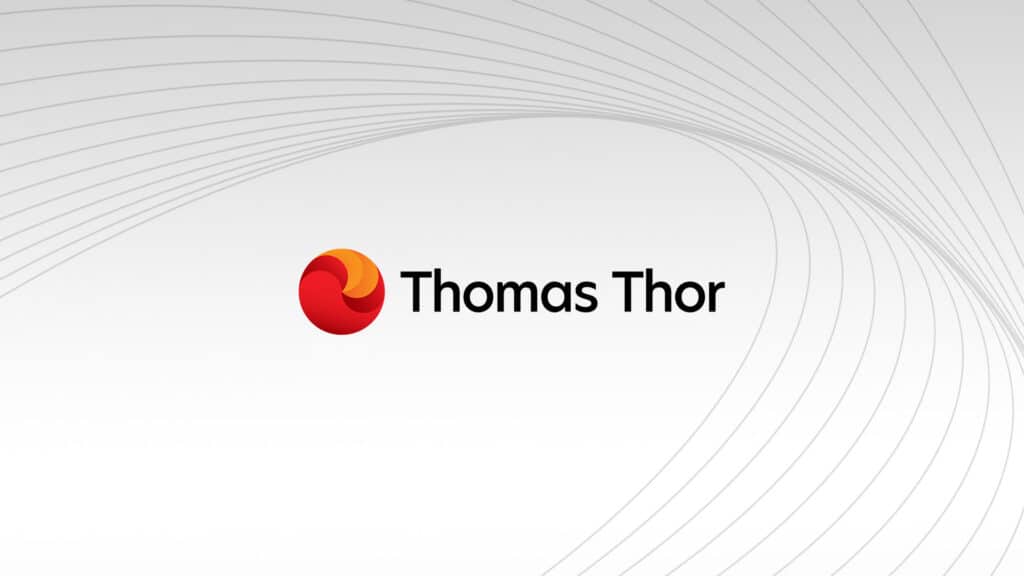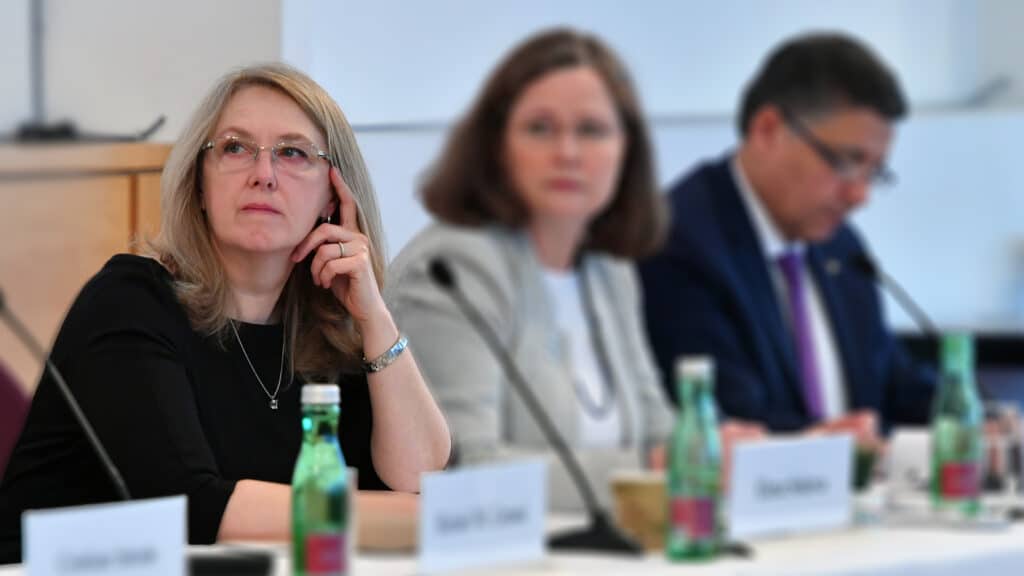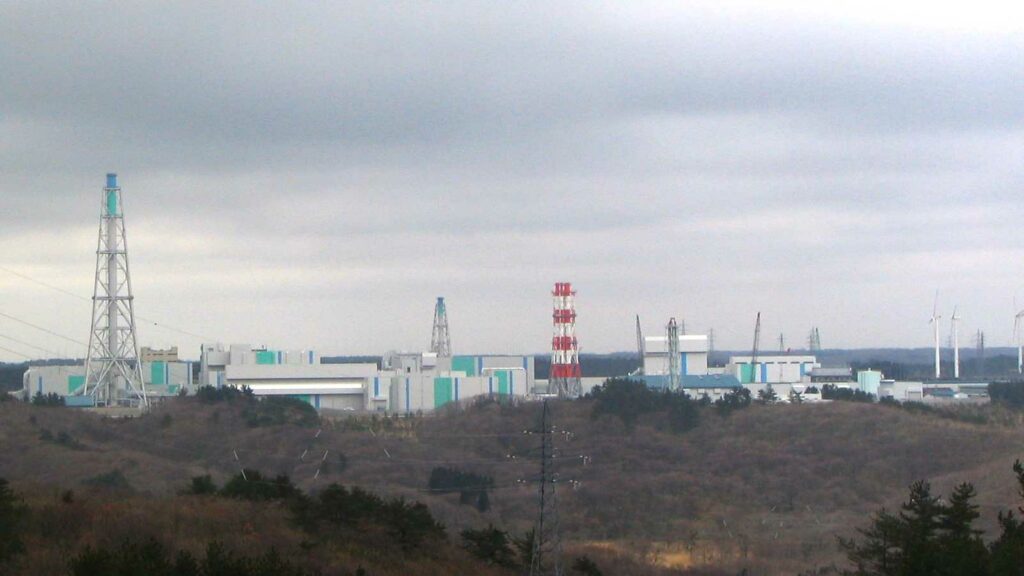Katherine Raines: finding ecological answers

What might Britain be like in thousands of years’ time? What will be its climate and what animals and plants will it be home to? These are just some of the questions Katherine Raines is trying to answer in her work at RWM, the government organisation tasked with the disposal of the UK’s higher level radioactive wastes.
As a Biosphere Research Manager, Katherine describes her role as “ensuring that RWM has sufficient scientific evidence that we can understand, minimise and mitigate any potential environmental damage from building and operating a geological disposal facility.”
A lot of this relates to plugging gaps in current knowledge. “The International Commission on Radiological Protection has a set of reference animals and plants which it formed its guidance around, but even within those there are some animals which have no data to support what we understand about the effects of radiation,” Katherine explains. “Part of my role is being an intelligent client – to be in a position to make sure the work coming forward is what we need.” That means making sure the right PhD projects for the environment go forward by interfacing with universities through the RWM’s Research Support Office. Other work is also done by consultancies and elsewhere in the academic community.
This work is substantially complicated by the prospect of climate change. “We are looking at data from the Intergovernmental Panel on Climate Change – looking with greater certainty at operational timescales and understanding what the likely outcome is.” For the more distant future Katherine thinks in terms of snapshots: “What happens if there is permafrost, or it becomes an arid or Mediterranean climate? Over 100,000 years that could genuinely happen.”
“It is a case of identifying the problem, figuring out what we need and passing on to somebody else to do the research. Having done one PhD I’m happy to come up with fascinating concepts and pass them on to other experts to explore further!”
Katherine’s experience was very much on-target for RWM’s needs. As an undergraduate she looked for effects from the routine levels of radionuclides near the Torness nuclear power plant (there weren’t any) and for her PhD she looked for effects of radiation on bees in the areas around Chernobyl (their reproduction was indeed adversely affected).
“I’ve been involved in environmental radiation for a while, but when I applied to other jobs, I didn’t have the regulation type background they wanted,” Katherine says, “This role has been a really good opportunity to come into industry and use my skills and research to support the GDF programme.”
“What I really like is that I did my PhD then became a lecturer, and I still have linkages to academia, but now I’m involved in research with more of an overarching view, rather than focusing on one particular thing. That’s a good compromise between academia and industry.”
Share this article
Related articles
Help us grow and achieve your potential at a values-driven business.




